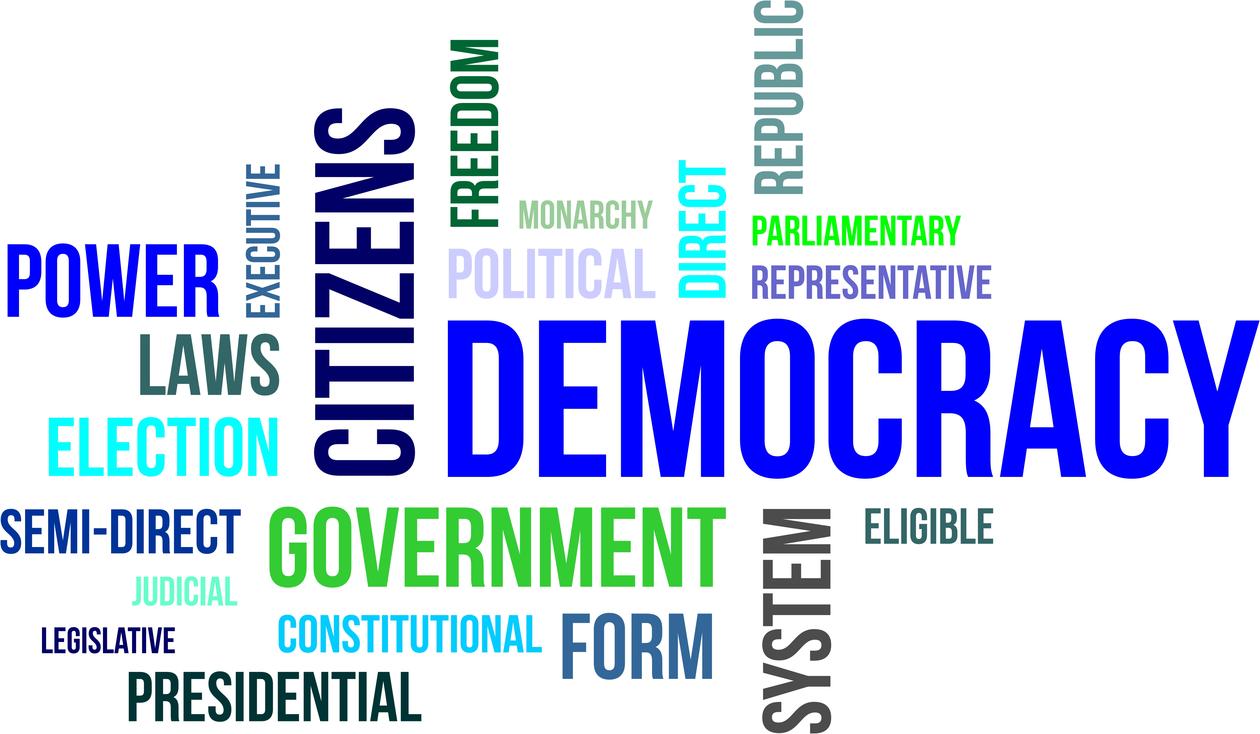Why democratic discontent?
Jonas Linde and Stefan Dahlberg find in a new article that political representation and government performance matter for satisfaction with democracy. The former is most significant in established democracies, the latter in new democracies. The article is written together with Sören Holmberg.

Main content
A democratic paradox
The article, ‘Democratic discontent in old and new democracies: Assessing the importance of democratic input and governmental output’, published in Political Studies, takes its departure in the phenomenon of dissatisfied democrats which has been frequently discussed in the literature but not often empirically investigated.
The article investigates empirically the discrepancy between the strong support for democratic principles and the widespread discontent with the way democracy works. This is done within a multi-level framework, looking at both individual- and system-level factors in a broad range of democratic countries.
The authors test the explanatory power of two conflicting perspectives when it comes to explaining why people express dissatisfaction with the way democracy works. The first argues that the sources of democratic discontent are to be found on the input-side of the political system in terms of issues related to political representation: large shares of the electorate feel that their views are not represented by the political elites governing them.
The contrasting view argues that the output-side of the political system is most important, where the quality of government play the pivotal role, that is, outcome and the quality of governance, such as effective, impartial and non-corrupt government .
Level of institutional consolidation significant
The results of the empirical analysis suggest that in general both input- and output-related factors are important, but also that the explanatory power of the two theories is conditioned by the level of institutional consolidation. In established democracies, perceptions of the extent of corruption and feelings of being represented are most important, while government performance is the single most important determinant of democratic discontent in new democracies.
Jonas Linde is professor of comparative politics at the Department of Comparative Politics, Stefan Dahlberg (University of Gothenburg) is a visiting scholar with the Department of Comparative Politics. Sören Holmberg is professor at the University of Gothenburg.

